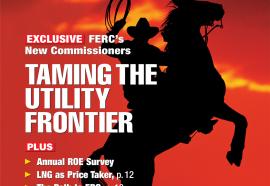The Fallacy of High Prices
We are better off under restructured electric markets.
The most important action regulators can take to minimize consumer electricity costs is, and will continue to be, ensuring competitive wholesale markets, while demanding a rich mixture of products from the suppliers in these markets.










